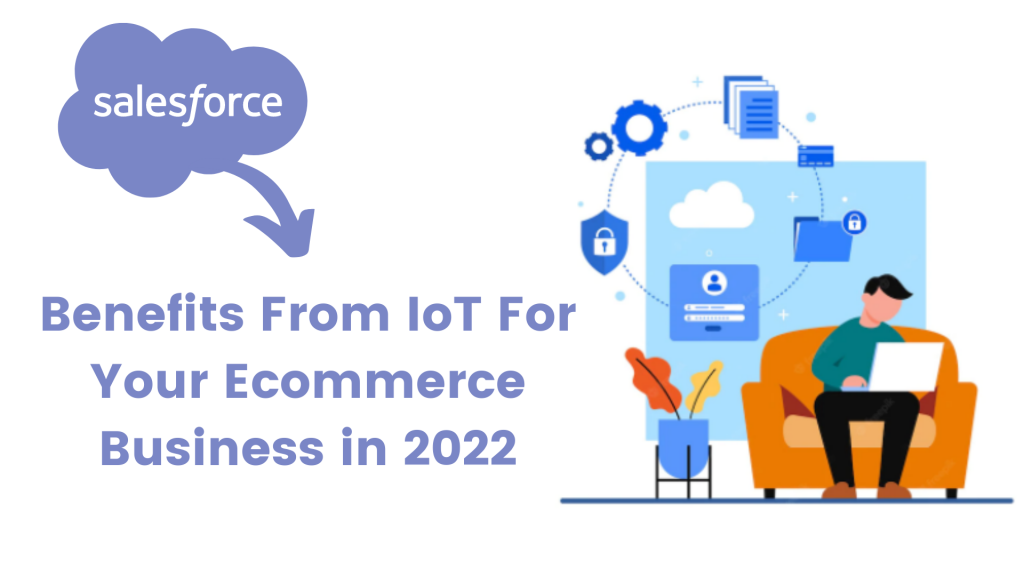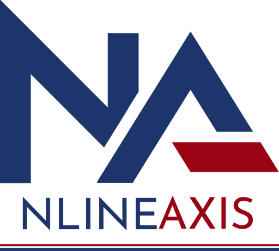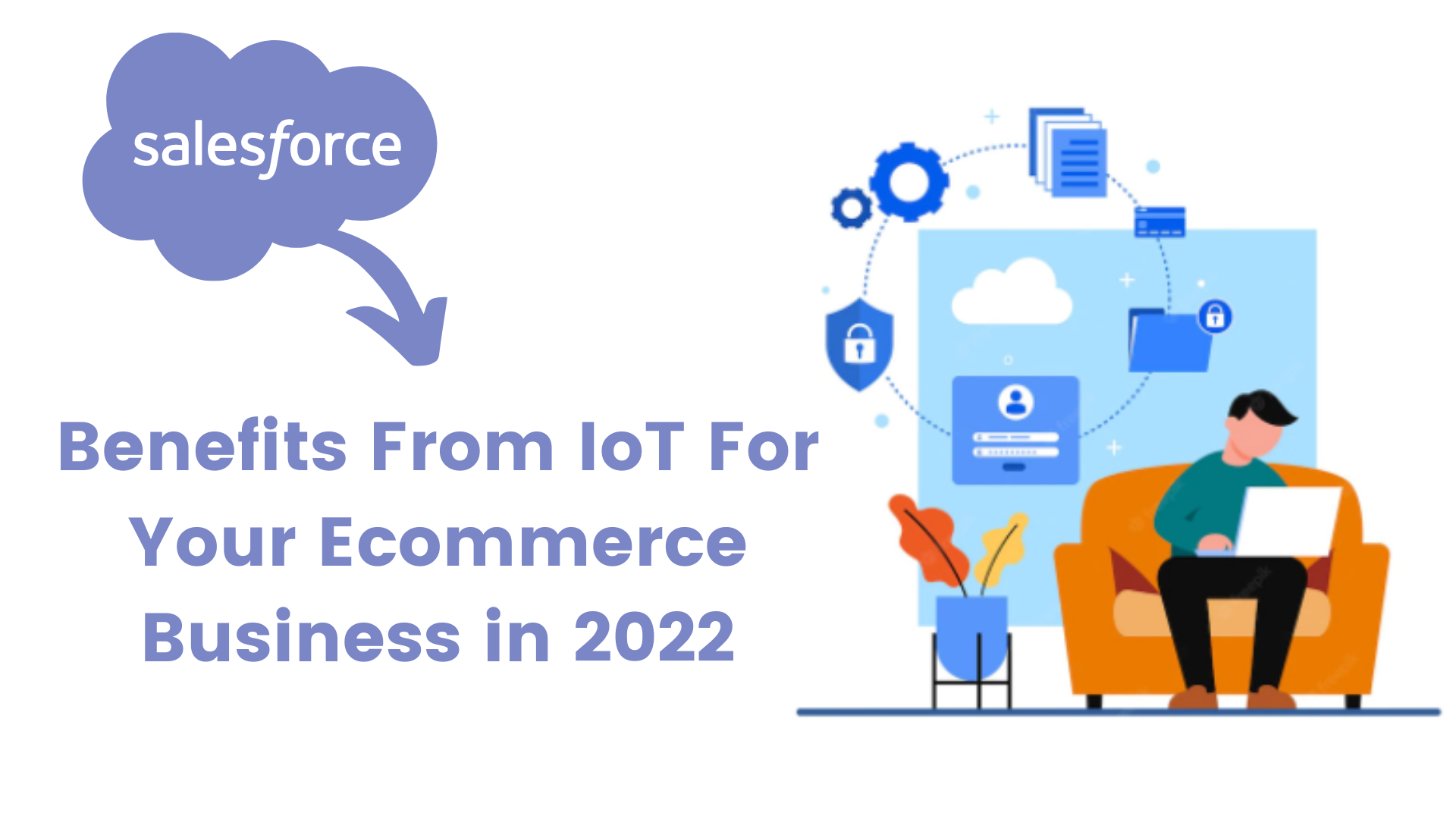Benefits From IoT For Your Ecommerce Business in 2022

Ecommerce has become the most preferred mode of shopping nowadays. Rather than visiting traditional brick-and-mortar stores, more and more people prefer to buy products through the internet. The key factor driving this Ecommerce Business revolution is the Internet of Things (IoT). Indeed, IoT is a powerful technology that enables sellers to analyze customer behavior and create new business products, services, and models based on customers’ needs and preferences. In this blog, I’ve explained IoT applications in Ecommerce businesses that are changing the future of trade.
What is the Internet of Things in an Ecommerce Business?
To understand IoT in Ecommerce businesses, let us first take a look at the definition of Ecommerce. Electronic commerce or e-commerce refers to a business model that allows sellers and buyers to sell and buy goods and services over the Internet.
IoT in Ecommerce businesses is the use of IoT technology in the Ecommerce business. IoT sensors are used to track commodities, monitor customer satisfaction, provide supply chain insights, and monitor inventory safety. This allows retail and Ecommerce firms to gather crucial insights about their customers and the market. Using this data, they can carry out operations smoothly and efficiently.
IoT Applications in Ecommerce Business
With the integration of IoT, ecommerce processes become more practical and streamlined. It helps in managing all processes efficiently to provide a better customer experience. Below, I’ve mentioned some of the top applications of IoT in the Ecommerce business, explaining how this technology is positively impacting the trade.
- Smart Logistics
- Inventory Management
- Improved Customer Experience
- Item Maintenance and Warranty
- Personalization
- Website Development
Let’s understand these applications of IoT in ECommerce Business in detail.
1. Smart Logistics
With IoT sensors, GPS trackers, and RFID tags, companies can track an item’s journey through the supply chain. Sellers can track items from suppliers to warehouses or from warehouses to customers in real-time. Automating the shipping and delivery processes with IoT sensors can help companies eliminate issues relating to missing shipments.
The IoT sensors and RFID tags provide information about the good’s journey, location, speed, conditions, and more. This helps business owners track the arrival time and avoid losses or wrong deliveries. Customers can also keep track of where their item is and when it will arrive at their doorstep.
Type of Data Collected by IoT Sensors for Smart Logistics
- Item’s location, temperature (perishable goods), distance, and more
- Route and speed of the shipped products
- Estimated arrival periods of the shipped products
2. Inventory Management
IoT sensors and RFID tags have changed the approach to managing inventory. These sensors contain information related to the product type, its availability, expiration date, and more. This data enables sellers to monitor the quantity and quality of each item.
Using IoT sensors, business owners can also track the items coming in and going out of the warehouse. RFID tags and sensors smoothen business operations so that there is no need for retailers to hire store managers to track merchandise physically.
Type of Data Collected by IoT Sensors for Inventory Management
- Items that need to be replenished
- The temperature of perishable goods
- Incoming and outgoing commodities
- Number of sold products
3. Improved Customer Experience
With online shopping gaining popularity, the pressure is now on retailers to ensure an excellent customer user experience. IoT technology helps in improving the relationships between manufacturers and end consumers. It enables sellers to provide a more inclusive and engaging shopping experience for their consumers.
Many companies use IoT to gain insights regarding the commodities sold to customers. For example, based on data, manufacturers of water purifiers offer to service the purifier themselves. In this way, the businesses can set themselves apart from their rivals because the brand will remain in the mind of the consumers over the product’s lifetime.
Type of Data Collected by IoT Sensors for Customer Experience
Shopping patterns in search trends
Online browsing trends
Customers’ online activities on competing websites
4. Item Maintenance and Warranty
IoT can help businesses remote access, maintain, and analyze their products’ performance. The information obtained helps businesses to know how the item is used. Based on that, they can anticipate and eliminate breakdowns. If the sensors report that it is not functioning properly, the company can call the customer to repair or replace the product in advance.
Type of Data Collected by IoT Sensors for Item Maintenance and Warranty
Equipment/Item status data
Amount of power used by the item
Warranty due date
Explore Free Online Courses with Certificates
5. Personalization
IoT sensors and devices collect data about customer preferences. By analyzing this data, businesses can offer personalized experiences for their customers. This will improve loyalty and help in revenue growth.
IoT can help in creating customized advertisements for a specific group of customers. It can identify the shopping patterns through search trends and online browsing. This helps companies to sell their products to customers.
For providing a greater degree of personalization, the data gathered through smartphones and smart home devices can be very helpful. The information collected helps marketers attract customers and even impact their buying decisions. For instance, if a person’s home appliance takes up too much energy, businesses can share ads of their environment-friendly models sharing the benefits of saving energy and cost.
Type of Data Collected by IoT Sensors for Personalization
- Location
- Online shopping habits
- Time spend on a particular competing retailer’s website
Conclusion
We used to go out to a physical store to buy a product in previous days, but now we can scroll through the endless products available on ECommerce websites using our smartphones. The Internet of Things (IoT) plays an important role here. Today, many businesses are leveraging the power of IoT technologies to create innovative and high-tech solutions to enhance customer satisfaction and loyalty.
By deploying IoT technology in its processes, the ECommerce industry will see better inventory management, a growth in revenue, enhanced logistics tracking, easy tracking of security challenges, and more. Integrating IoT in retail and Ecommerce businesses can offer a lot more benefits to sellers while also providing a holistic customer experience. If you want to know about this more, contact Nlineaxis Pvt. Ltd.


